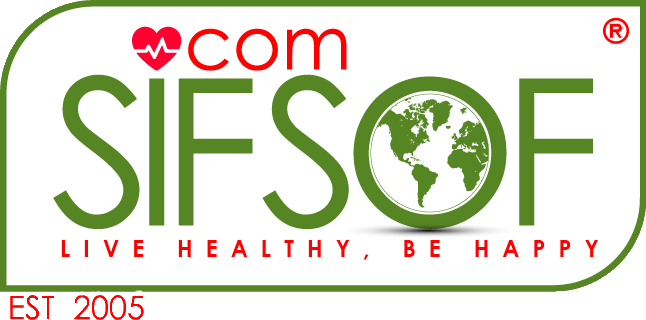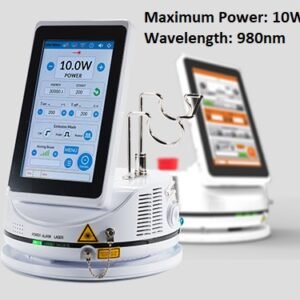Laser Therapy For Shoulder Impingement Syndromes
Shoulder impingement syndrome is the result of a vicious cycle of rubbing the rotator cuff between your humerus and the top outer edge of your shoulder. The rubbing leads to more swelling and further narrowing of the space, which result in pain and irritation.
Shoulder impingement syndrome is most commonly seen in individuals who are involved in sports and other activities with a lot of overhead rotational motion – like swimming, baseball, volleyball and tennis as well as things such as window washing and painting.
Shoulder impingement can also result from an injury, such as a fall onto an outstretched arm or directly onto the shoulder.
More specifically, the causes of this impingement may include:
- Your tendon is torn or swollen. This can be due to overuse from repetitive activity of the shoulder, injury or from age-related wear and tear.
- Your bursa is irritated and inflamed.
- Your bursa is the fluid-filled sac between your tendon and the acromion.
- Your bursa helps your muscles and tendons glide over your bones.
- Your bursa can become inflamed due to overuse of the shoulder or injury.
- Your acromion is not flat (you were born this way) or you have developed age-related bone spurs on your acromion.
The symptoms of the disease usually develop gradually over weeks to months and they may include:
- Pain when your arms are extended above your head.
- Pain when lifting your arm, lowering your arm from a raised position or when reaching.
- Pain and tenderness in the front of your shoulder.
- Pain that moves from the front of your shoulder to the side of your arm.
- Pain when lying on the affected side.
- Pain or achiness at night, which affects your ability to sleep.
- Pain when reaching behind your back, like reaching into a back pocket or zipping up a zipper.
- Shoulder and/or arm weakness and stiffness.
When it comes to the treatment for shoulder impingement syndrome, the ultimate goal is to reduce patient’s pain and restore their shoulder function.
Low-level laser therapy (LLLT) has been shown to have anti-inflammatory and analgesic effects. There are also no known side effects of the treatment, making it an effective option for relieving pain in such a situation.
Undoubtedly, not all manufactured laser machines can live up to accurate diagnosis and successful non-surgical operations. Only the advanced Diode Laser System. SIFLASER-1.41 seems able to successfully meet that goal.
Indeed, this Laser therapy machine has a wide range of clinical applications, including inflammatory disorders such as Shoulder Impingement Syndrome.
With a low-level 10W laser power, The device is mainly being used for shoulder pain relief.
First, it has an anti-inflammation effect as it causes vasodilation, but also because it activates the lymphatic drainage system (drains swollen areas). As a result, there is a reduction in swelling caused by the inflammation.
As for pain issues, Laser therapy has a high beneficial effect on nerve cells which block pain transmitted by these cells to the brain and which decreases nerve sensitivity. Accordingly, due to less inflammation, there will be less pain.
LLLT is a relatively new treatment, and researchers are only beginning to understand why and how it works. However, patients who are in pain (like Shoulder Impingement Syndrome patients), prefer a conservative treatment plan based on the LLLT.
Treatment, however, can be much more effective if it is laser-guided. Using the SIFLASER-1.41, in fact, should help Shoulder Impingement patients get reassured and less sensitive to pain as long as this device provides them with a non-invasive, non-toxic treatment that will lessen the pain, cause no harm and eventually restore their shoulder’s normal physical function and so improve their life quality.
References: Shoulder Impingement Syndrome, Shoulder impingement and low level laser therapy
Disclaimer: Although the information we provide is used by different doctors and medical staff to perform their procedures and clinical applications, the information contained in this article is for consideration only. SIFSOF is not responsible neither for the misuse of the device nor for the wrong or random generalizability of the device in all clinical applications or procedures mentioned in our articles. Users must have the proper training and skills to perform the procedure with each Laser system.
The products mentioned in this article are only for sale to medical staff (doctors, nurses, certified practitioners, etc.) or to private users assisted by or under the supervision of a medical professional.

